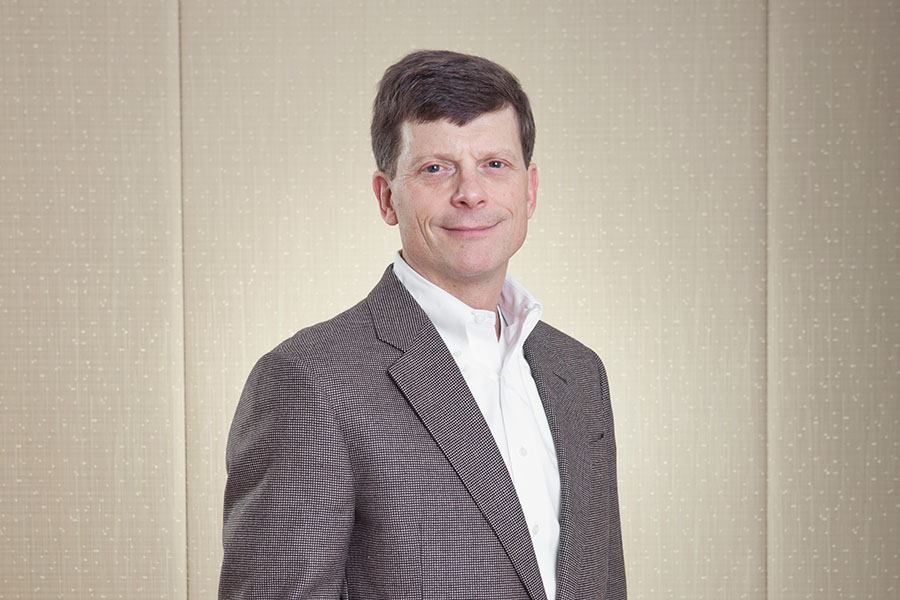Neithercut knows what he doesn’t want—fully stabilized core assets in its current core markets. “There are 100 people who will be bidding for those assets,” Neithercut says. “I’m much more interested in those things that have complexity where fewer and fewer people can compete. With those opportunities, I think we can underwrite and manage those risks in a way that we can get an enhanced overall return.”
So what form could those deals take? They could be massive, headline-grabbing deals—some rumors suggest the company could be interested in national portfolios, or even entire companies. The company still likes the empty condo play as well. And unlike its private peers, Equity (and other REITs) have the balance sheet to weather the storm while these assets stabilize. “We hope that we will see deals come to us that we have not yet seen,” George says.
New development is also a possibility for the firm. Equity bought six land sites in 2010 and has its eye on more for the future. The company would focus on mid-rise development because of the difficulty of penciling out high-rise deals. But Neithercut won’t just ramp up the pipeline, which currently has five properties (1,499 units) under development.
Ultimately, the decision to build or not to build will be a function of whether the company can find owners in trouble who want to sell. “Whatever deals Equity builds or buys will be part of the long-term plan that it laid out in 2000. It’s not planning to add new markets but focus on its concentration in current markets. “We’re not made up to be market timers,” Neithercut says. “We’re not private equity, where you can go in and put your money for two or three years, harvest that, give your money back to your investors, and take your promote. We’re investing capital today that we hope will be invested for 15 or 20 years.”
Zell is pleased with the way the strategy has unfolded. “We’ve created an extraordinary machine,” he says. “We’re a leader in knowledge—our activities the past couple of years have shown that. We took advantage of having liquidity when no one else did. At the same time, we shifted our whole portfolio to a coastal one and materially reduced our risk. Yeah, it was painful. Yeah, it pissed me off that people didn’t understand what I was doing or what the company was doing. But we’ve always been a long-term investor.” And for the near future, long term it will stay.
